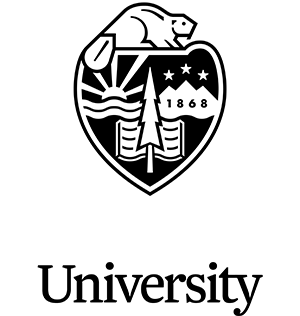All Land is Indigenous Land
Land acknowledgements are Indigenous protocol to show respect for Indigenous peoples and recognize their enduring and continuing relationship to the land. Committing to authentic land acknowledgements can also raise awareness about histories that are often suppressed or erased. Kanyon Sayers-Roods, a Mutsun Ohlone activist in Northern California, states that the “acknowledgement process is about asking, ‘What does it mean to live in a post-colonial world? What did it take for us to get here? And how can we be accountable to our part in history?’”
Not Just a Checklist: Moving Towards Allyship and Reconciliation
It’s important to understand the land acknowledgements should act as one of the first steps towards reconciliation with Indigenous communities. There are positive aspects to having land acknowledgements included in your work. For instance, they have the ability to upset the notion that the land was “free and empty” prior to white settlement. This concept is known as terra nullius (land belonging to no one) and was used to justify how white settlement came to be. However, there are also limits to having a land acknowledgement. One of the most glaring limitations is that non-Indigenous people typically view having or verbalizing a land acknowledgement as all of the action they need to take. Non-Indigenous people also tend to consign Indigenous people to the past and to a narrative of violence and trauma. Land acknowledgements are NOT a checklist or a badge to indicate stand-alone “allyship” with any tribal community. It is important to do the work: to research, to reach out to tribal nations, to sit with (some) uncomfortableness, but move forward.
This is all to say that if you are deciding to incorporate land acknowledgements into your work, we invite you to think of it as a first step, rather than an only step, in building relationships with Indigenous communities in your area.
Here are a few tips to help you move beyond a land acknowledgement:
- Build relationships with tribal communities. Ask what an authentic and meaningful relationship looks like. How can you go about creating it?
- Ask what the boundaries are and respect them.
- Don’t ask a tribe to do the emotional labor for you.
- Be sure to include tribal members as soon as possible in the planning of any event. Have you made space for them to be an active participant or presenter? Are you providing other ways for tribes to be involved if they don’t want to actively participate in the event?
- Think of ways that you and your organization can support the tribe(s) and their priorities (within and outside of your field of scope).
- For further help on not only creating land acknowledgments but moving towards integrating the meaning and purpose into your organizational culture and programs, please utilize the resources below as a starting point in your journey.
Check out the OSU Extension February 2020 First Monday Update to learn more about the importance and relevance of land acknowledgements.
Interim Vice Provost Anita Azarenko asked Dr. Spirit Brooks, Dr. David Lewis, Jane Waite, and Luhui Whitebear to join her this month to increase our understanding of respectful ways to acknowledge the contributions Native Americans continue to have on our communities and the natural world around us. Land acknowledgements are one way to honor the Indigenous peoples that have for millennia stewarded the land we occupy. Acknowledgements are also an invitation to learn more about Native American culture and a first step to create and strengthen connections with tribal nations and members.


